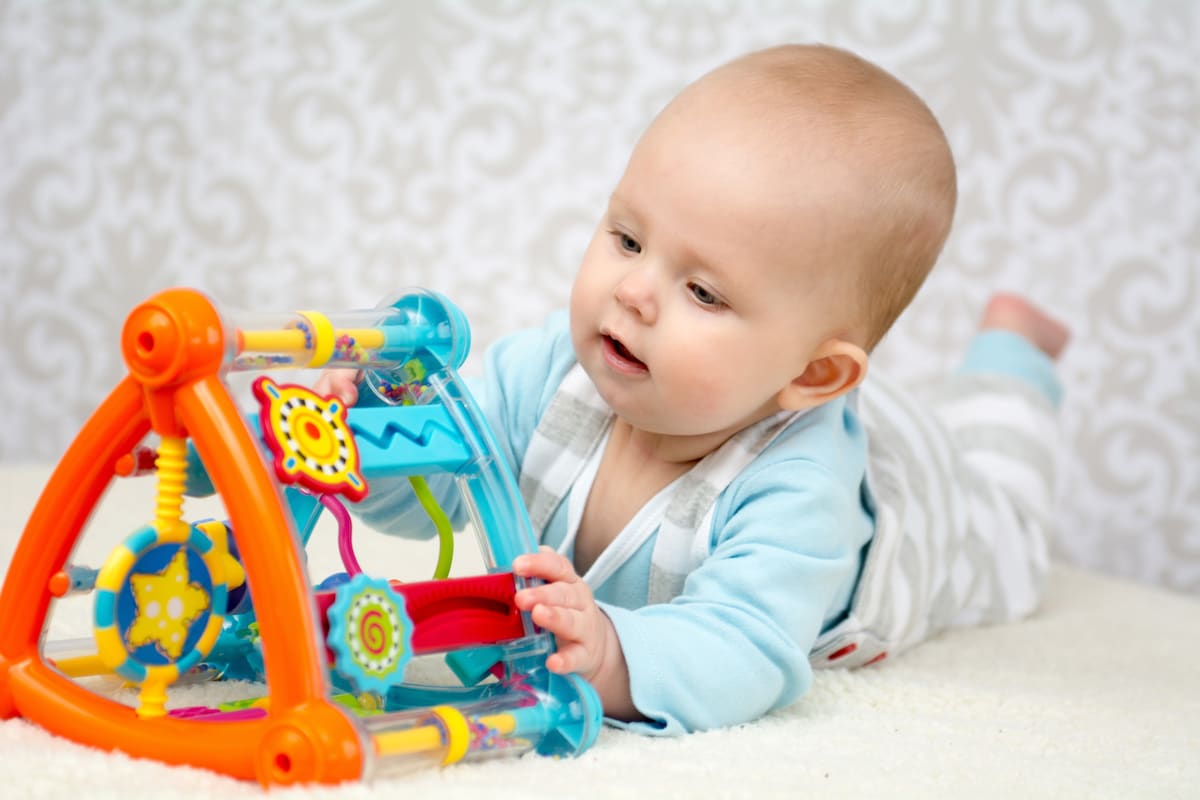 Source: bing.com
Source: bing.comAs a new parent, it’s natural to want to ensure that your baby is developing properly. From the moment they are born, babies begin a journey of physical, cognitive, emotional, and social development. While every child develops at their own pace, there are certain milestones that most babies will reach by a certain age. In this article, we’ll take a closer look at the stages of baby complete development and what you can do to support your little one’s growth.
Table of Contents
Physical Development
Physical development is one of the most visible and measurable aspects of baby complete development. During their first year of life, babies experience rapid growth and development. In the first few months, your baby’s movements will be mostly reflexive. They will begin to gain more control over their bodies, and by six months, they will be able to sit up with support. By nine months, most babies will be able to crawl or scoot, and by one year, they may be able to stand and take their first steps.
To support your baby’s physical development, be sure to give them plenty of tummy time. This will help strengthen their neck, back, and arm muscles, which will eventually help them crawl and sit up. Provide plenty of opportunities for your baby to explore their environment, and give them toys that encourage reaching, grasping, and manipulating. You can also encourage your baby to stand by holding their hands and letting them put weight on their feet.
Cognitive Development
Cognitive development refers to a baby’s ability to think, reason, and learn. During their first year, babies are constantly taking in new information about the world around them. They are learning to recognize faces, voices, and objects, and they are beginning to understand cause-and-effect relationships.
To support your baby’s cognitive development, talk to them often and describe what you’re doing as you go about your day. Provide plenty of opportunities for your baby to explore their environment and use their senses to learn. Simple toys like rattles, soft balls, and toys with different textures can also help stimulate your baby’s brain.
Emotional and Social Development
Emotional and social development refers to a baby’s ability to form attachments, understand and express emotions, and interact with other people. During their first year, babies will form strong bonds with their caregivers and develop a sense of trust in the people around them.
To support your baby’s emotional and social development, be sure to respond to their cries and provide plenty of physical affection. Play games like peek-a-boo and patty-cake, which can help your baby learn about turn-taking and social interaction. As your baby gets older, arrange playdates with other babies to help them learn how to interact with other children.
Frequently Asked Questions
Q: When should my baby start crawling?
Most babies will start crawling between six and ten months of age. Some babies may skip crawling altogether and go straight to walking.
Q: Can I help my baby learn to talk?
Yes! Talk to your baby often, read to them, and sing songs. Provide plenty of opportunities for your baby to hear and imitate sounds.
Q: How can I tell if my baby is behind on their development?
If you’re concerned about your baby’s development, talk to your pediatrician. They can help determine if your baby is meeting their milestones and refer you to a specialist if necessary.
Q: Is it possible to spoil a baby?
No! Responding to your baby’s cries and providing them with physical affection is important for their emotional and social development. You can’t spoil a baby by holding them too much or responding to their needs.
Q: How can I help my baby sleep through the night?
Establish a bedtime routine and stick to it. Avoid over-stimulating your baby before bedtime, and make sure they are comfortable and not hungry when they go to sleep. It’s also okay to let your baby cry for short periods of time before responding to them, as this can help them learn to self-soothe.
In conclusion, baby complete development is a complex and exciting journey. By providing your little one with plenty of opportunities for physical, cognitive, emotional, and social growth, you can help them reach their full potential. Remember that every baby develops at their own pace, so don’t worry if your little one doesn’t reach a milestone exactly when you expect them to. If you’re ever concerned about your baby’s development, talk to your pediatrician.
